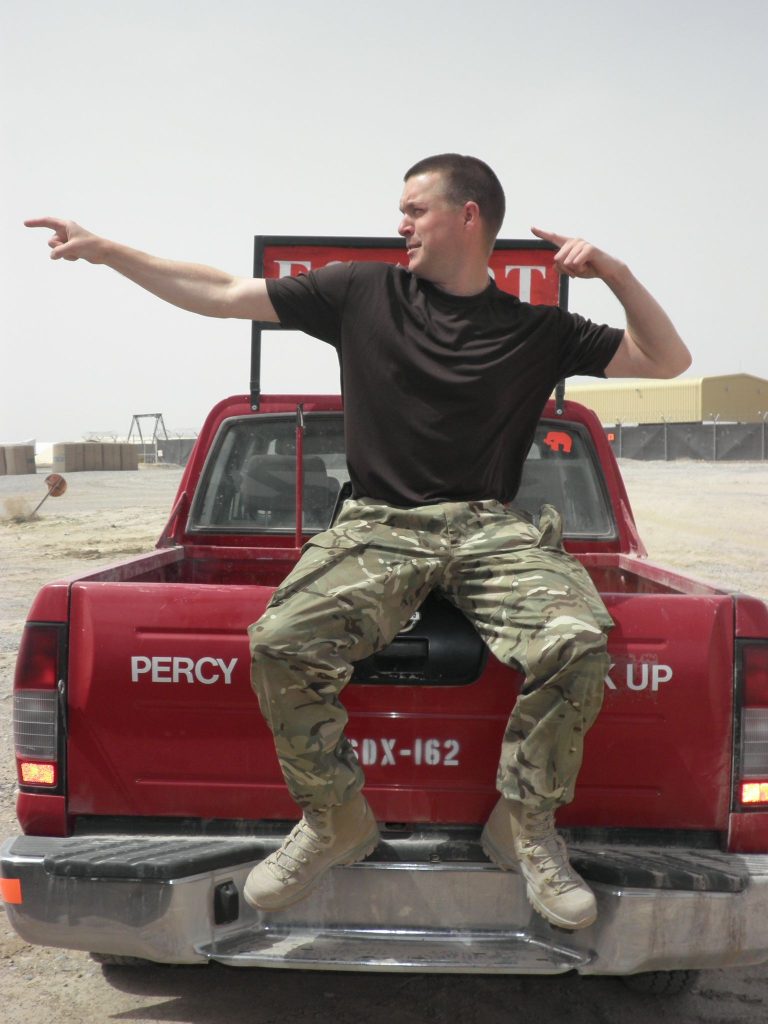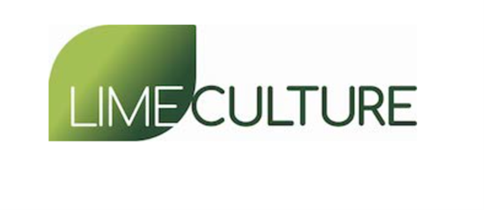Why we’re championing the hidden voices in our armed forces communities: hearing from those who are most left out
Everyone should have a chance to thrive, particularly when it comes to mental wellness.
In practice, this is easier for some than others and the barriers to accessing the right support are not always obvious. Some may be practical – are the right questions being asked in the right way? Some can be linked to a sense of stigma or shame meaning people choose to stay silent. Some may be self-perceived – why can’t I just manage on my own? Others can be directly linked to the unique challenges a group may be facing, such as unfair systems, personal social and economic circumstances, or belonging to a group which is frequently stereotyped leading to a distortion in how we understand their needs.
Our Hidden Voices programme amplifies these marginalised voices. It supports work which champions them, creates safe spaces for them to share their needs and thrive, and places emphasis on education and raising awareness of why these voices may have been hidden in the first place.
In the first year of delivery, the Hidden Voices programme supported 24 projects which help those within armed forces communities to use their voice and get the tailored mental health support they need. This has included veterans in the justice system, foreign and Commonwealth personnel, carers in the armed forces community and LGBT+ veterans.
Community connections are vital. The challenge doesn’t always lie with the person themselves, but rather the services or agencies they are trying to access.
The chance to thrive
Providing support for veterans with autism and acquired brain injuries, Disability Stockport have created a safe space offering connection and helping to reduce isolation. This has proven to be a lifeline for many veterans too often excluded from mainstream activities and provision.

Gavin Jones, Veteran Services Manager explains: “Our tailored social groups provide a safe and autism friendly environment where individuals can connect, rebuild confidence, and reduce the crippling isolation so many have endured.
“One veteran who joined us had spent years in silence, unable to tolerate traditional veteran spaces because of overwhelming sensory and communication barriers. Within weeks of attending our group, he told us it was the first time since leaving the Forces that he felt genuinely understood and able to belong.
“That kind of impact, restoring dignity, connection, and hope is only possible because of the Hidden Voices programme. It has given neurodivergent veterans the chance not just to be heard, but to thrive.”
The right support at the right time
Hidden voices are not always hidden people – sometimes it is a certain issue which can feel hard to voice for an otherwise active member of the community.

LimeCulture, in partnership with The Centre for Women’s Military Research at Anglia Ruskin University, is providing specialist training for Independent Sexual Violence Advisers (ISVAs). The training is informed by those with Lived Experience. ISVAs offer independent, free emotional and practical support to victim-survivors of sexual violence. This project will ensure that ISVA support is informed by the unique realities of the armed forces community, making it safer and easier for serving personnel and veterans to come forward, be heard and access specialist support.
“By equipping ISVAs with specialist knowledge of the military context, we are making sure that victim-survivors are met with compassion, expertise, and advocacy that truly reflects their lived reality. Access to this training will enable ISVA services nationally to tailor support with sensitivity and insight, ensuring that those affected by military sexual trauma (MST) can access the right support, at the right time — and never feel they have to carry their experiences alone or unseen.” — Holli Waterson, Project Lead
How can we make a difference?
The Hidden Voices programme has a clear mission, to enable those who are less or mis-represented in our armed forces communities to be heard, understood and included when it comes to mental health support.
We want to support projects which:
- actively seek out and amplify marginalised voices
- create strong community connections
- offer practical solutions to access support to ensure those with competing demands on their time, for example those with a caring responsibility, can take part
- build relationships with services and agencies
- offer proper representation of marginalised groups
- understanding and remove practical barriers to being heard
There’s more about the priorities of the programme on our Hidden Voices programme page. Round two closes 21 January 2026.
If you are focused on providing equitable access to mental health services and wellbeing support; and raising awareness of the needs of underrepresented groups within the armed forces community – we want to hear from you.